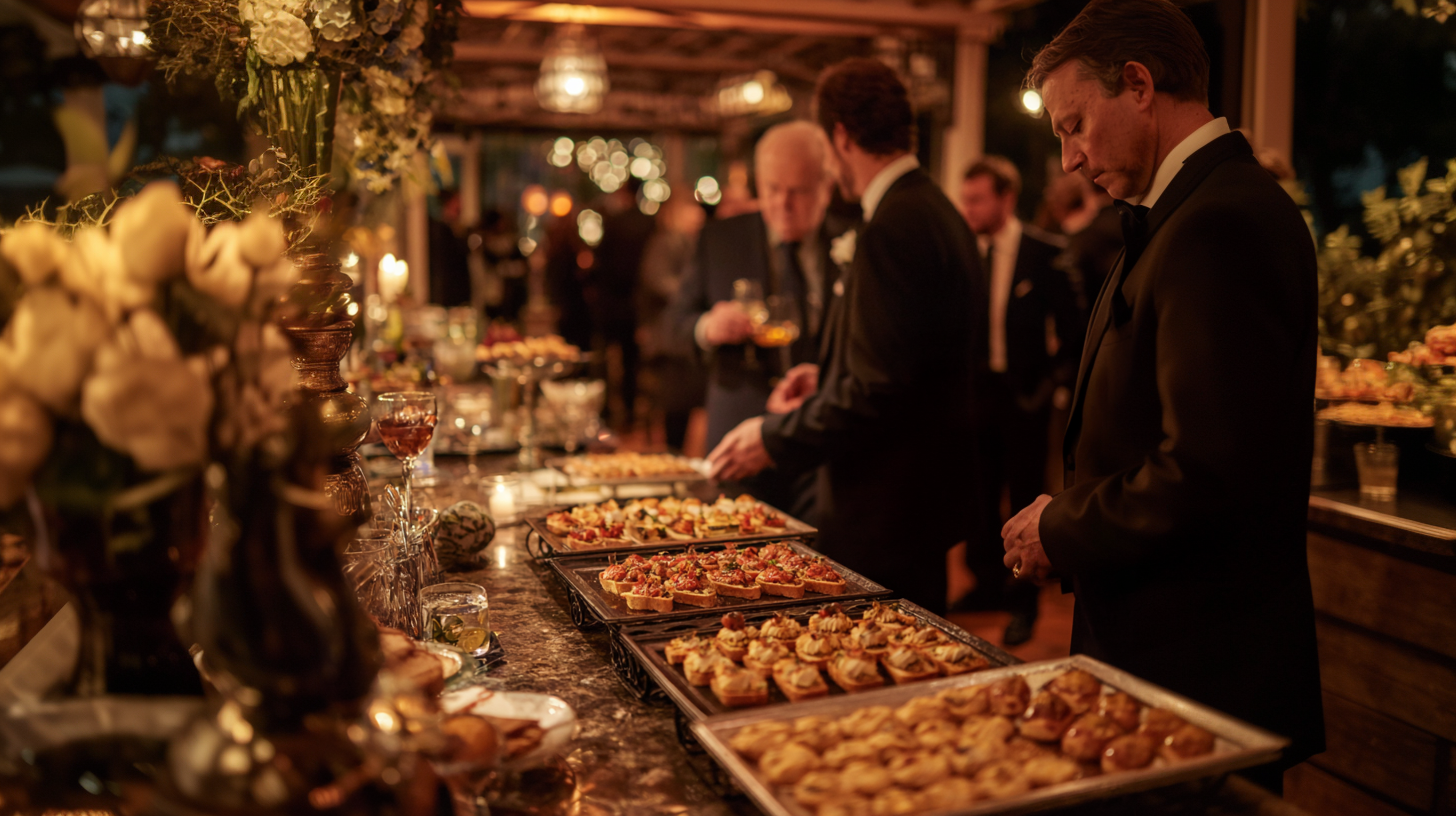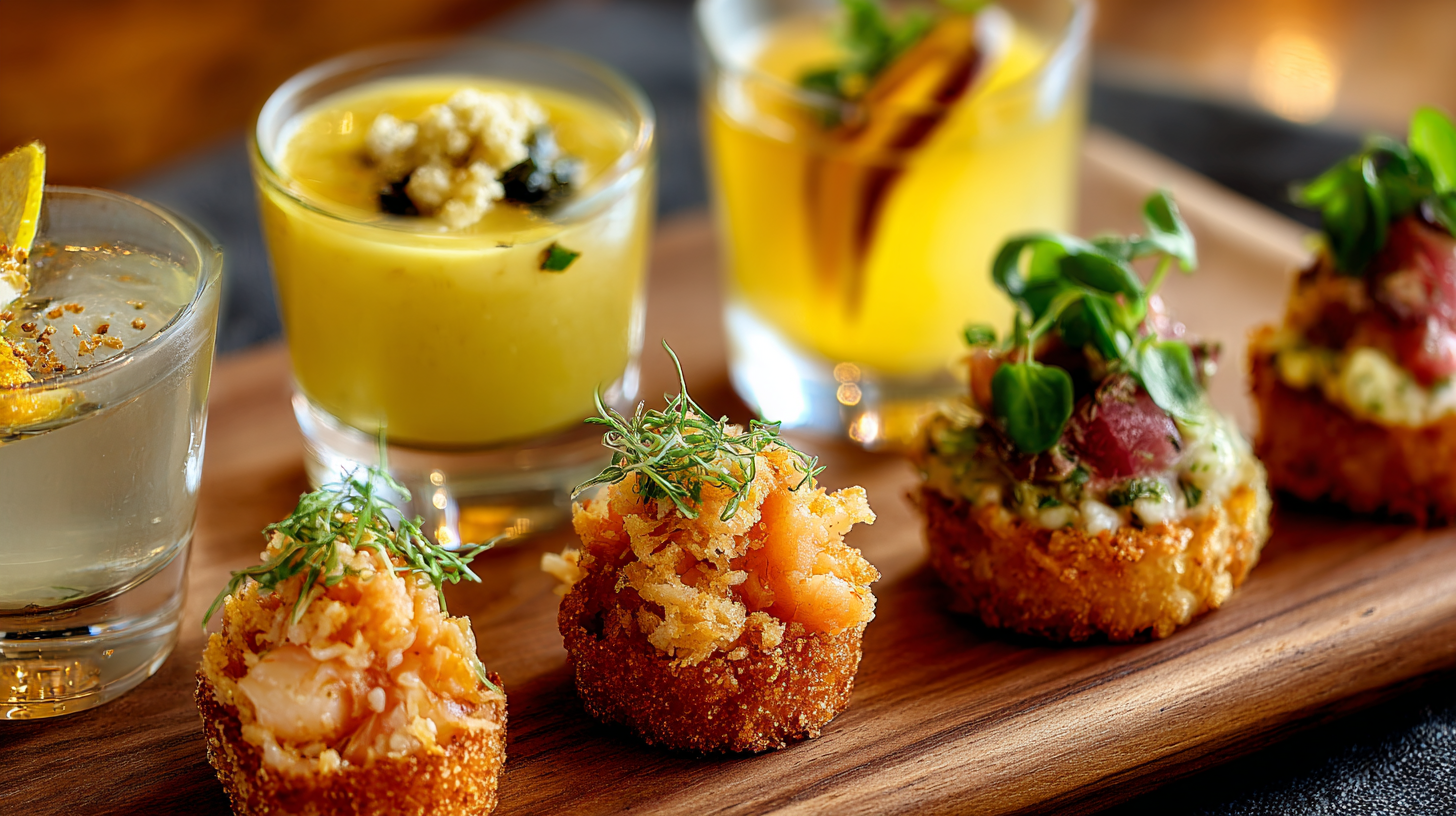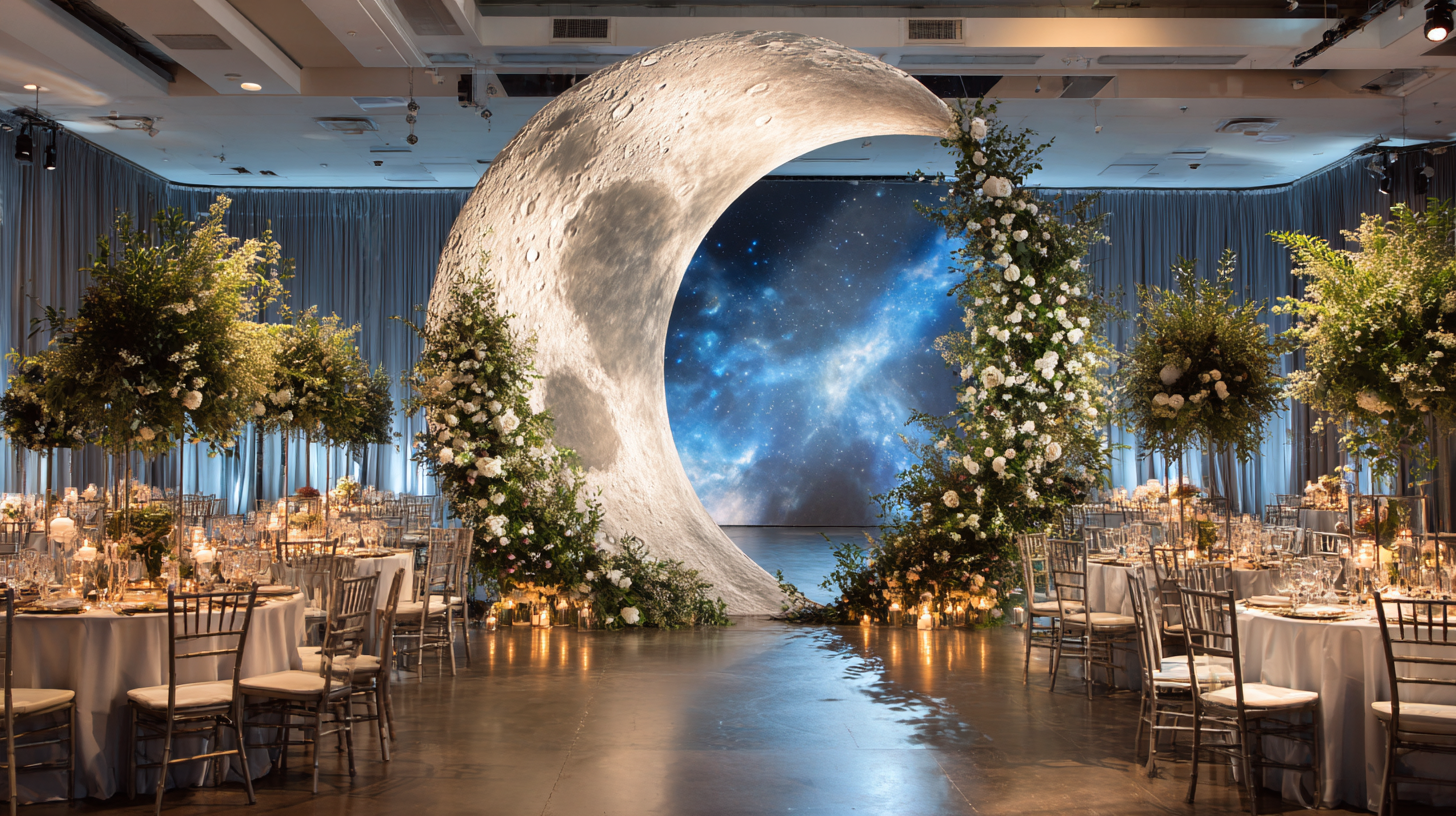How to Learn Mixology? The Basics
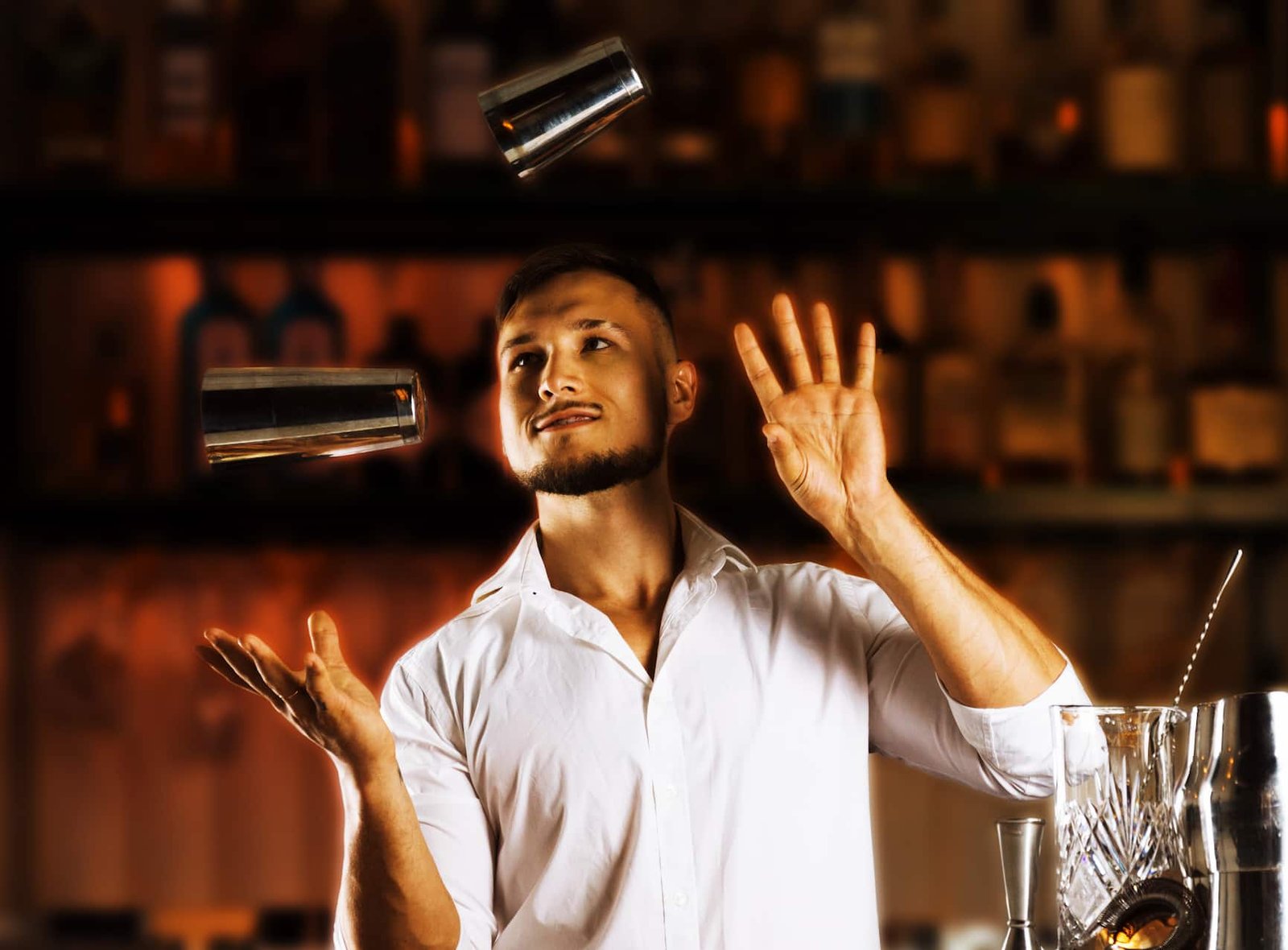
Getting into mixology can be both fun and a bit overwhelming. Whether you’re just starting out or trying to improve your skills, learning how to mix drinks is an exciting adventure that blends creativity, technique, and a love for flavors. This detailed guide will show you how to learn mixology and help you begin your journey into making cocktails.
Fundamental Elements To Learn About Mixology
Understanding the Basics: Before you start shaking up cocktails, it’s essential to familiarize yourself with the fundamental elements of mixology.
Ingredients: If you are wondering how to learn mixology, start by familiarizing yourself with essential spirits, liqueurs, and mixers. Learn about each ingredient’s flavor profiles and characteristics to create well-balanced and flavorful cocktails. Experimenting with different combinations will help you develop a nuanced understanding of how ingredients interact to create unique flavor profiles.
Tools: A proper mixologist is equipped with the right tools of the trade. Get familiar with essential mixology tools such as shakers, strainers, muddlers, and jiggers. Knowing their purpose and proper usage is crucial for mastering the craft.
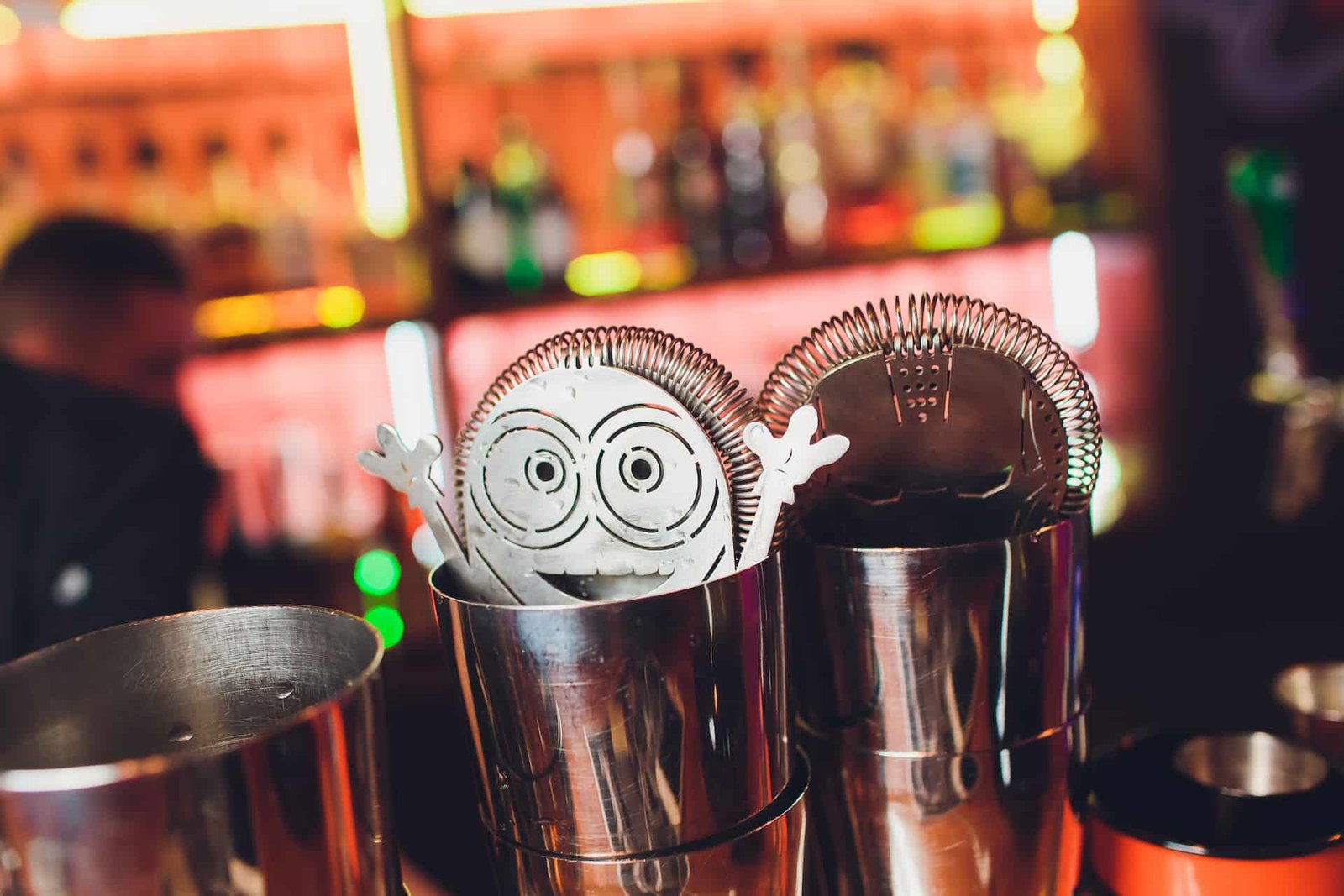
Steps How To Learn Mixology
The process of learning mixology starts with learning the basics, like the right tools and glassware, and understanding different types of spirits, liqueurs, and mixers. You’ll also need to practice mixing techniques and experiment with various ingredients. By following these steps, you can develop the know-how to create tasty and impressive drinks, making your cocktail-making journey enjoyable and successful.
Building Your Home Bar
Creating a home bar is an exciting step in learning mixology.
Stocking Essentials: Create a well-rounded collection of spirits, syrups, bitters, and garnishes to experiment with various cocktails. Start with versatile options such as vodka, gin, rum, and tequila, and gradually expand your inventory as you explore different recipes. Additionally, having a selection of fresh fruits, herbs, and other garnishes on hand will allow you to add creative flair to your drinks.
Glassware: Invest in a variety of glassware to match different cocktails. The right glass can improve the drinking experience and add elegance to your drinks. Whether it’s highball glasses for long drinks or coupe glasses for sophisticated cocktails, having the proper glassware will improve your cocktail presentation.
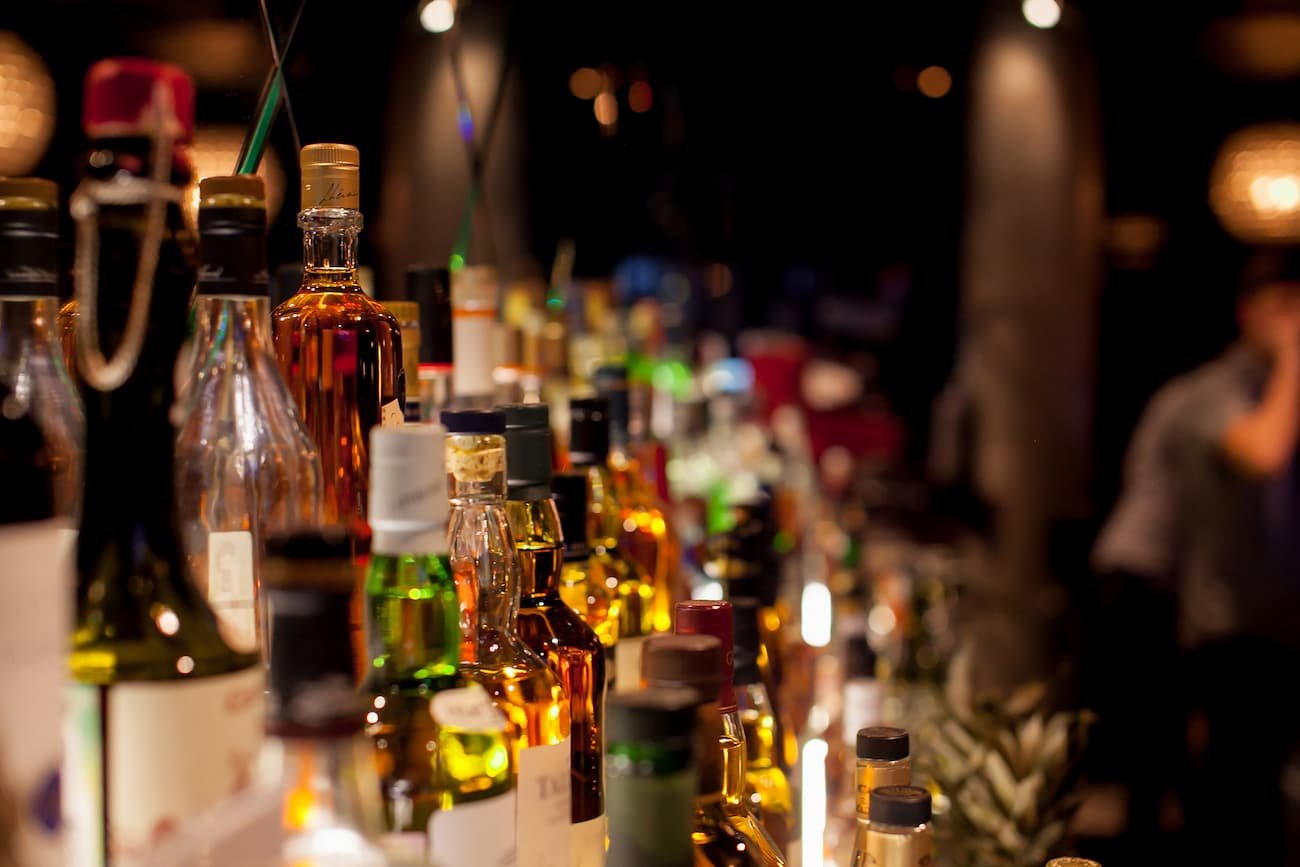
Mastering Techniques
Now that you have ingredients and tools, it’s time to master the art of cocktail-making.
Shaking: Get to know the right shaking techniques to mix and chill your cocktails perfectly. Try different shaking styles for various drinks. Understanding how shaking works will help you make cocktails with the best texture and temperature. Learning mixology means getting the details just right.
Stirring: Stirring is key for cocktails with delicate ingredients or just spirits. Practice to get a smooth, well-mixed drink without adding too much water. Mastering stirring will make your drinks taste balanced and have a great texture.
Recipes for Beginners in Learning Mixology
Begin your journey into mixology with easy-to-follow classic cocktail recipes and basic flavored simple syrups.
Classic Cocktails: Begin with iconic cocktails like the Martini, Old Fashioned, and Margarita. Pay attention to the balance of flavors and practice the techniques associated with each recipe to perfect your execution. These timeless classics are the foundation of learning mixology and provide an excellent starting point for beginners.
Simple Syrups: Simple syrups are handy ingredients for sweetening and flavoring cocktails. They let you adjust your drinks to match your taste. Try making different types of simple syrups to give your cocktails a personal touch.
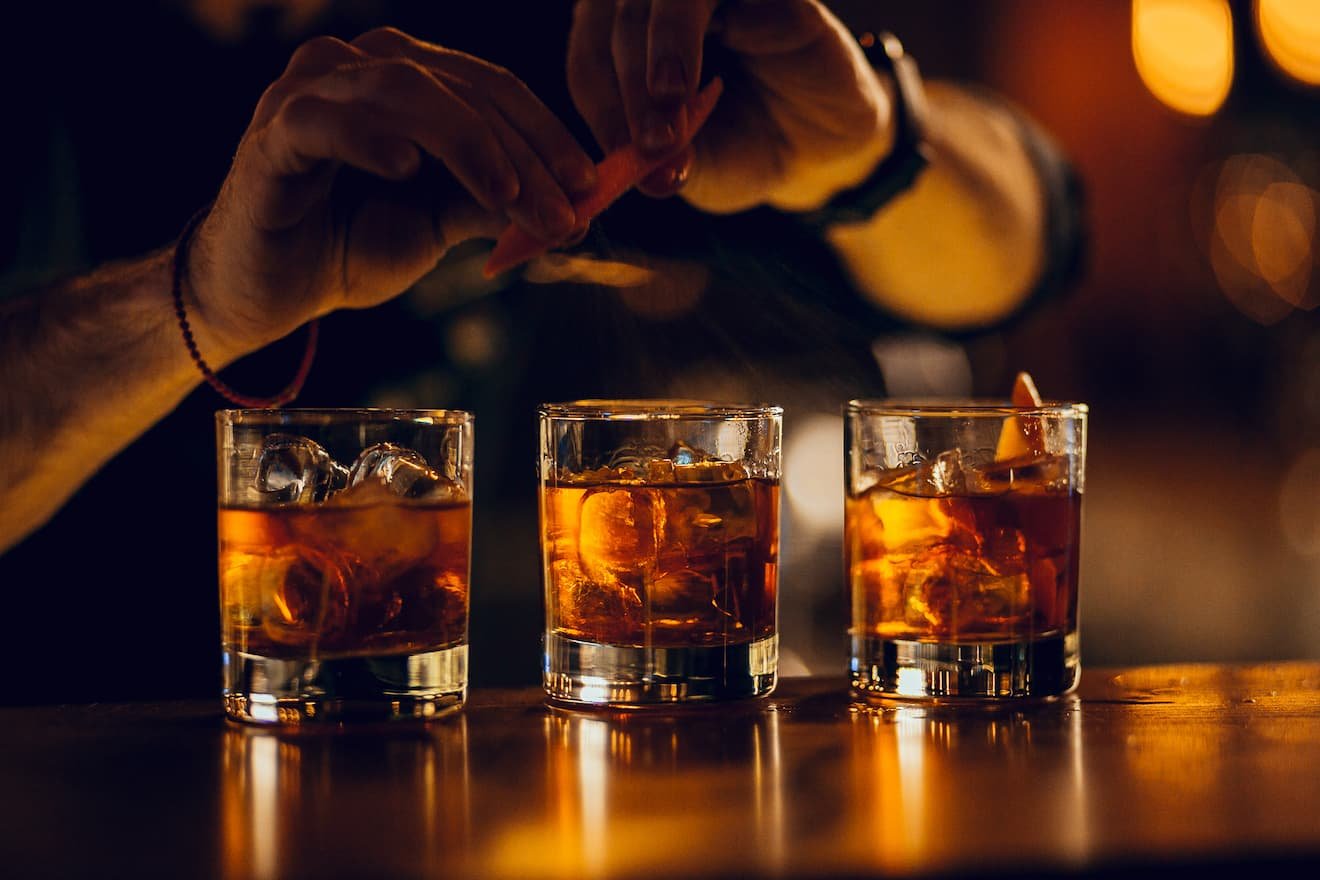
Tasting and Adjusting
Developing a discerning palate is essential for crafting exceptional cocktails.
Palate Development: Teach yourself to recognize different flavors in a cocktail. Try changing the sweetness, sourness, and bitterness to get a balanced mix of tastes. Tasting your cocktails as you make them will help you know what needs to be adjusted for the perfect flavor.
Record and Reflect: Keep a cocktail journal to document your experiments, noting the ingredients, proportions, and adjustments made. This practice helps refine your skills over time and allows for continuous improvement. Reflecting on your experiences and analyzing your recipes will help you learn mixology from your successes and failures, ultimately making you a better mixologist.
Where To Learn Mixology?
If you’re interested in learning mixology, there are several great places to start. Whether you prefer formal classes, online courses, or hands-on experience, there’s an option that suits your needs. You can attend bartending schools, join workshops at local bars, or watch tutorials on YouTube. Additionally, many websites and apps offer step-by-step guides and recipes to help you practice at home.
Online Resources and Courses
Discover how to learn mixology with online resources and courses designed to expand your knowledge.
Websites and Blogs: Since you are reading this blog post, you are on the right track! Explore other reputable online platforms that provide tips, recipes, and tutorials for aspiring mixologists. Many online resources offer rich information on history, techniques, and trends of cocktails.
Online Courses: Consider enrolling in online mixology courses to deepen your knowledge and skills. Many platforms offer interactive lessons and certifications that allow you to learn at your own pace and from the comfort of your home.
Joining the Mixology Community
Connect with fellow enthusiasts and professionals to share experiences and learn from each other.
Local Events and Classes: Attend mixology classes, competitions, or events in your area to network with other enthusiasts and professionals. Find your local United States Bartenders’ Guild chapter and consider becoming a member. These gatherings and organizations provide valuable opportunities to exchange ideas and learn.
Online Forums and Social Media: Join online communities and forums dedicated to mixology to engage with like-minded individuals. Follow mixologists and cocktail enthusiasts on social media platforms to stay updated on the latest trends and techniques. Participating in online discussions and sharing your experiences can help you learn mixology from others and further expand your knowledge.

Starting your mixology journey is a rewarding and enjoyable experience. By mastering the basics, exploring new recipes and techniques, and connecting with the mixology community, you’ll soon be crafting impressive cocktails that delight and inspire. Cheers to your mixology adventure!
FAQ
How do I build a home bar on a budget?
Building a home bar on a budget is possible by stocking up on essential spirits, syrups, bitters, and garnishes gradually. Start with versatile options like vodka, gin, rum, and tequila, and expand your collection over time. Invest in a selection of glassware suitable for different types of cocktails to enhance the drinking experience without breaking the bank.
How do I develop my palate for mixology?
Developing a discerning palate for mixology involves training your taste buds to recognize different flavors in a cocktail. Experiment with adjusting sweetness, acidity, and bitterness to achieve a harmonious balance of flavors. Keeping a cocktail journal to document experiments and reflecting on your recipes helps refine your palate over time.
Do I need a formal education to become a mixologist?
While a formal education in mixology can provide valuable knowledge and skills, it is not a requirement to become a mixologist. Many aspiring mixologists learn through hands-on experience, online resources, and courses, as well as networking with other enthusiasts and professionals in the mixology community. With dedication and practice, anyone can learn mixology and craft impressive cocktails.
What are the essential tools for a beginner in mixology?
To get started in mixology, beginners need essential tools such as shakers, strainers, muddlers, and jiggers. These tools are crucial for proper mixing and measuring of ingredients, ensuring consistent and well-balanced cocktails.

